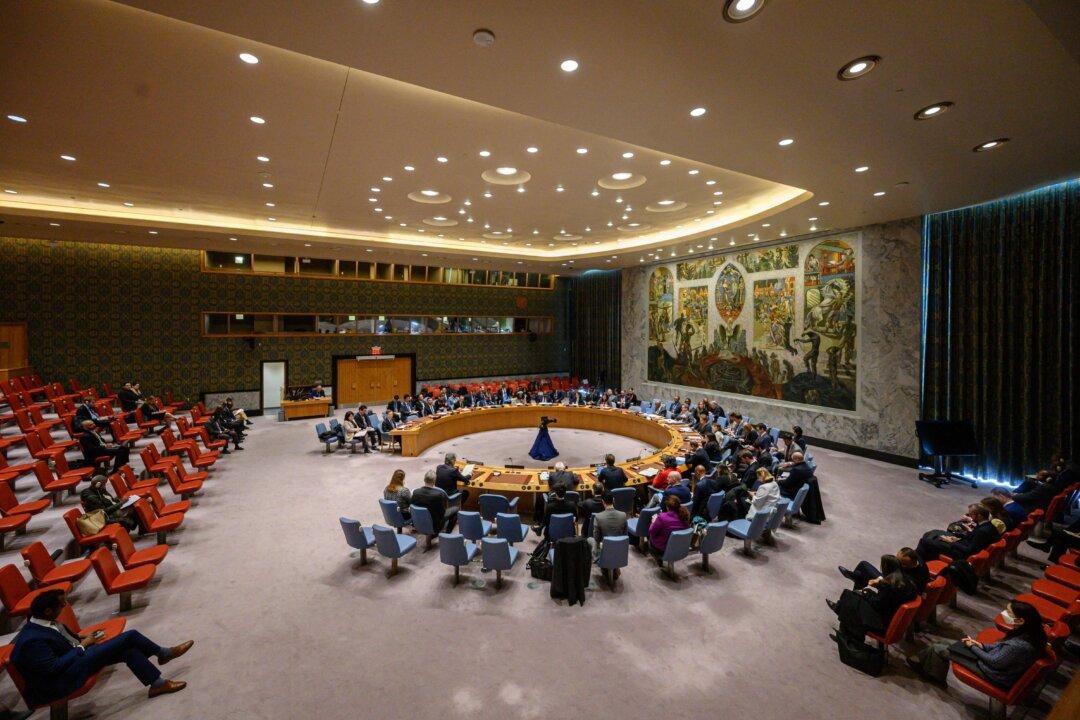South Korea has been re-elected as a non-permanent member of the United Nations Security Council (UNSC) with 180 affirmative votes out of 192 member states. Political analysts believe this marks the international community’s recognition of the country’s global status and influence.
This is the third time the East Asian country has served as a non-permanent member of the UNSC after serving in 1996-1997 and 2013-2014.





